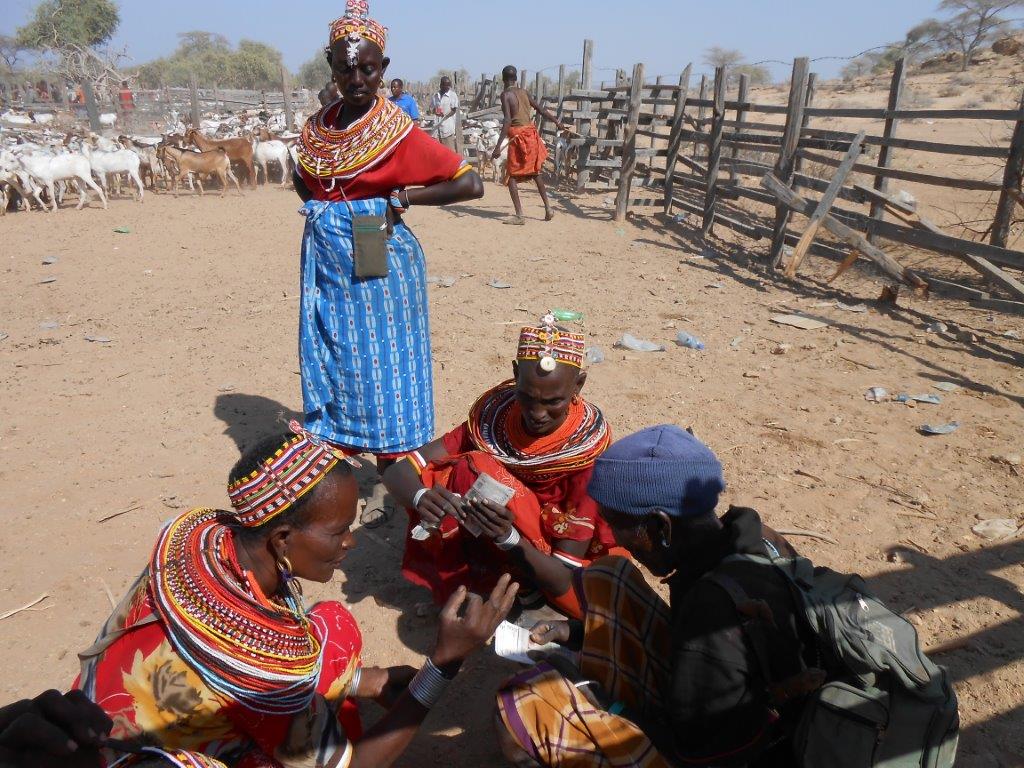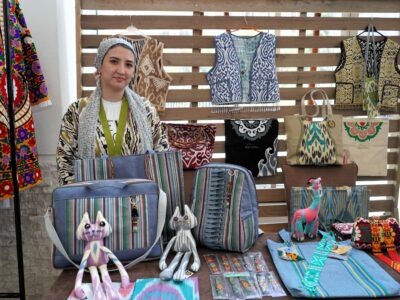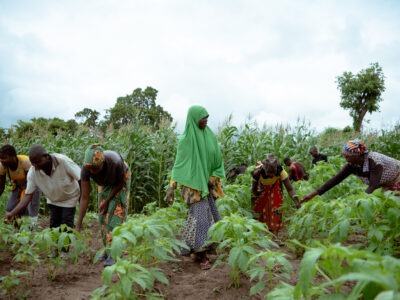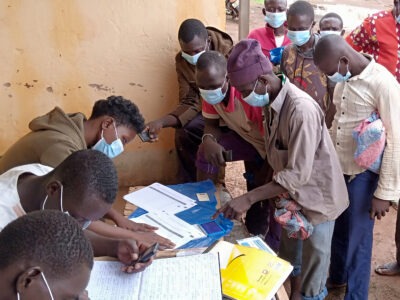
Pastoral communities in northern Kenya’s Isiolo and Marsabit counties suffer from frequent droughts and the effects of climate change. On top of that, businesses in the arid lands struggle to get financial services. They often lack the collateral needed to secure loans because, while most banks in Kenya prefer a land title deed, land ownership in both counties falls under allotment letters or community land trusts. Many banks in Kenya either shy away from investing in startups, fail to provide Sharia-compliant products, or offer high-cost credit and fees to discourage borrowing.
To overcome these constraints and grow local economies, ACDI/VOCA’s Feed the Future Resilience and Economic Growth in the Arid Lands – Accelerated Growth (REGAL-AG) project focuses on building a more inclusive and competitive livestock value chain.
The USAID-funded project helps small- and medium-sized enterprises become investment-ready by issuing grants ranging from $30,000 to $260,000. These grants ensure that those who receive them have viable business models, thereby laying the foundation for commercial investors to follow with more financing. This paves a sustainable and scalable path forward.
One such business was the woman-owned Ansim Company, which received a $150,000 grant from REGAL-AG to scale up its rearing of chickens from 5,400 to 54,000 annually. The company contributed $35,000 for land and $10,000 in working capital to the investment upon receiving the grant.
REGAL-AG also issued a $250,000 grant to Classic Foods, a food processing company, to buy camel milk processing equipment and expand its operations to Isiolo County, allowing pastoralists there to market their milk through an already-established supply chain. The company contributed $20,000 for land, $30,000 to sink a borehole, $300,000 in working capital, and $500,000 for milk processing equipment to the investment.
With these grants, both businesses better positioned themselves to secure further financing by lowering their debt-to-income ratio. To support them, REGAL-AG organized a networking forum with 10 financial institutions and several grant holders, including Ansim Company and Classic Foods. Prior to the forum, REGAL-AG’s subcontractor, Smart Regional Consultants, coached them on business presentation skills. At the forum, the grant holders received financial advice on business startup and expansion.
REGAL-AG later met with the Agricultural Finance Corporation (AFC), a development bank financed by the Kenyan government and development agencies, to share assessments of the businesses in need of loans. REGAL-AG’s support lowered their risk of investment. After field visits to see each business in operation, AFC agreed to supply loans to those who could secure land title deeds from outside Isiolo and Marsabit counties.
Ansim Company secured a $40,000 loan from AFC to construct poultry houses on half an acre of land. Overall, AFC gave $122,000 in loans to four REGAL-AG grantees. Classic Foods, on the other hand, leveraged the support of REGAL-AG—plus its strong cashflow and seven-year run in the milk processing business—to secure a $3.8 million loan from Rabobank and a $250,000 loan from the Lundin Foundation.
Through REGAL-AG’s grants, businesses operating in a challenging environment made critical connections to yield financing where it used to be unlikely. These once-neglected pastoralists and entrepreneurs now have access to ongoing finance, and ultimately, a budding future long after the REGAL-AG project ends.
Learn more about Resilience and Economic Growth in the Arid Lands – Accelerated Growth (REGAL-AG).








